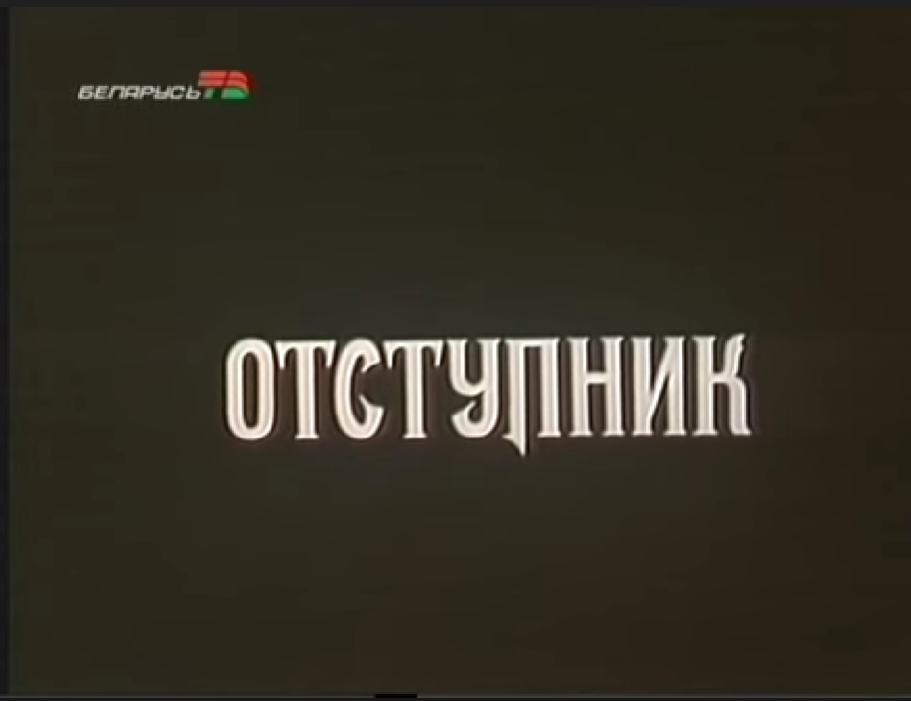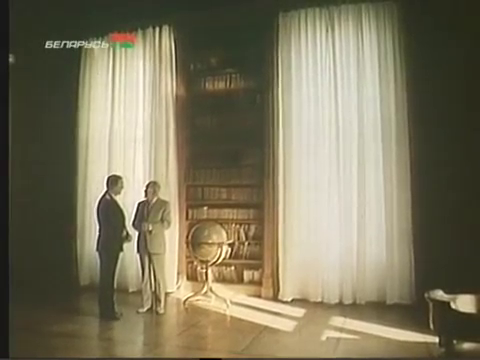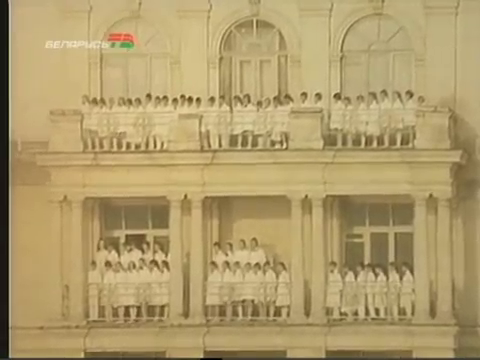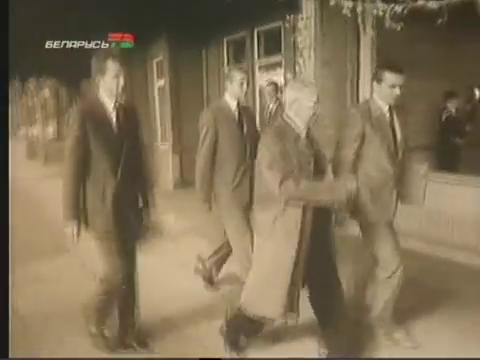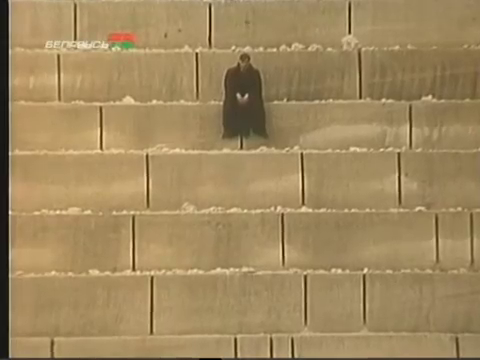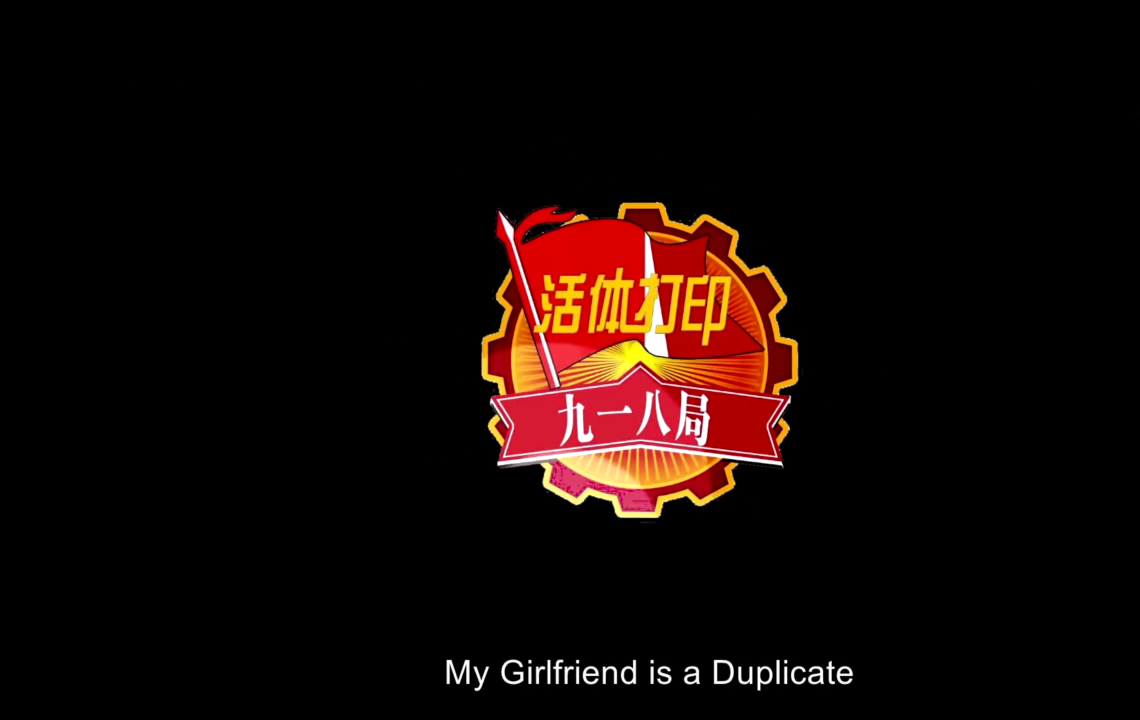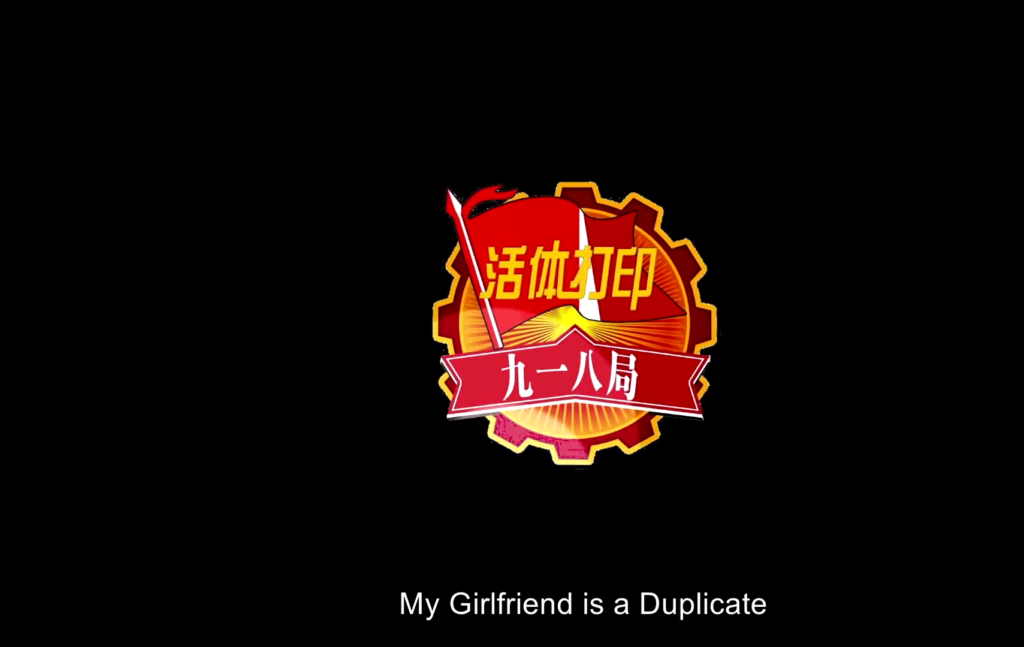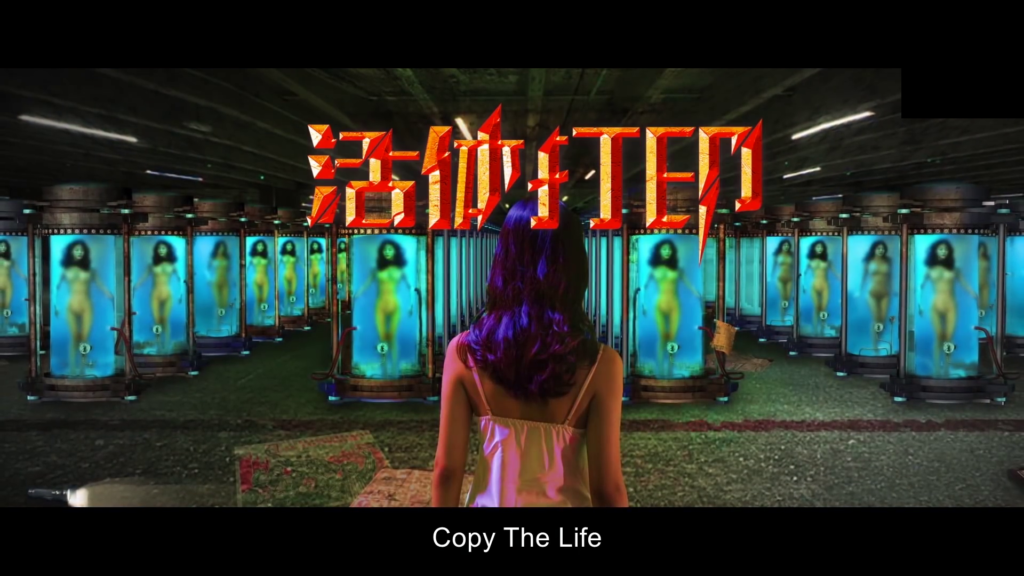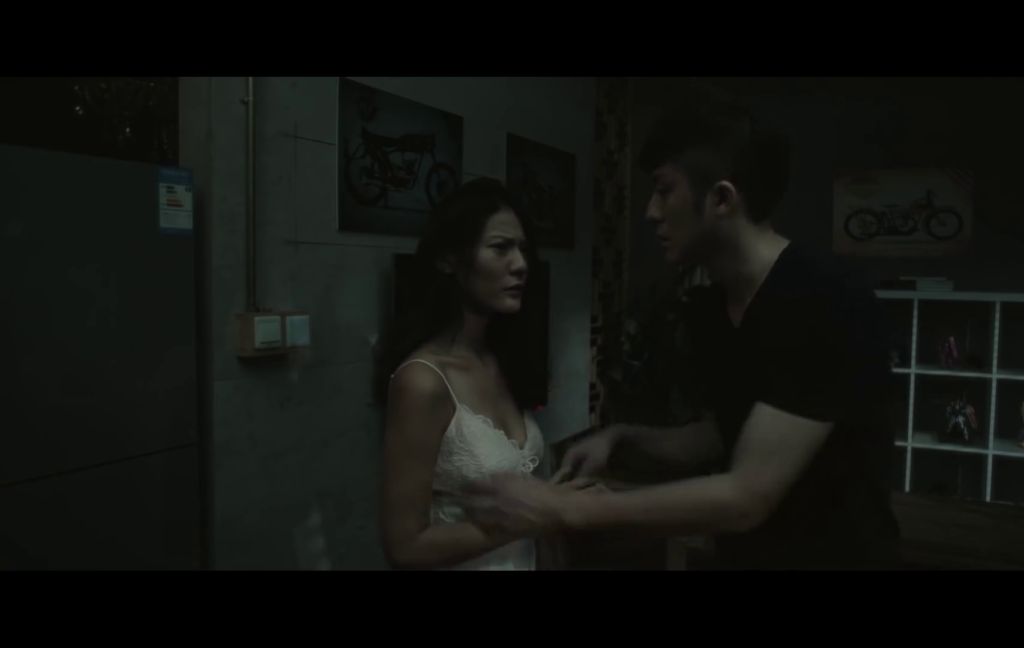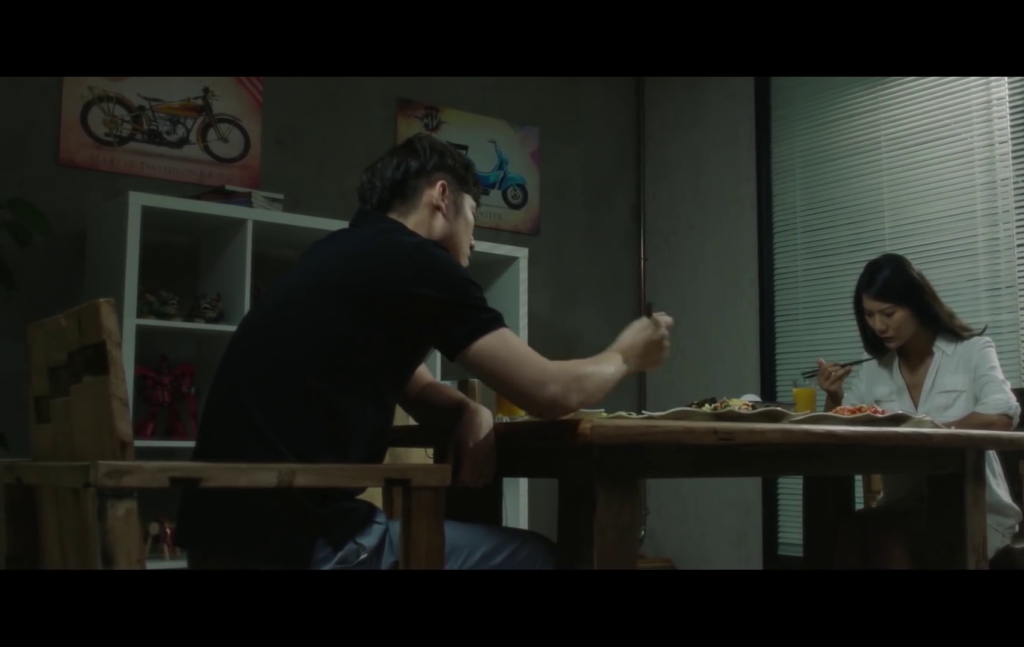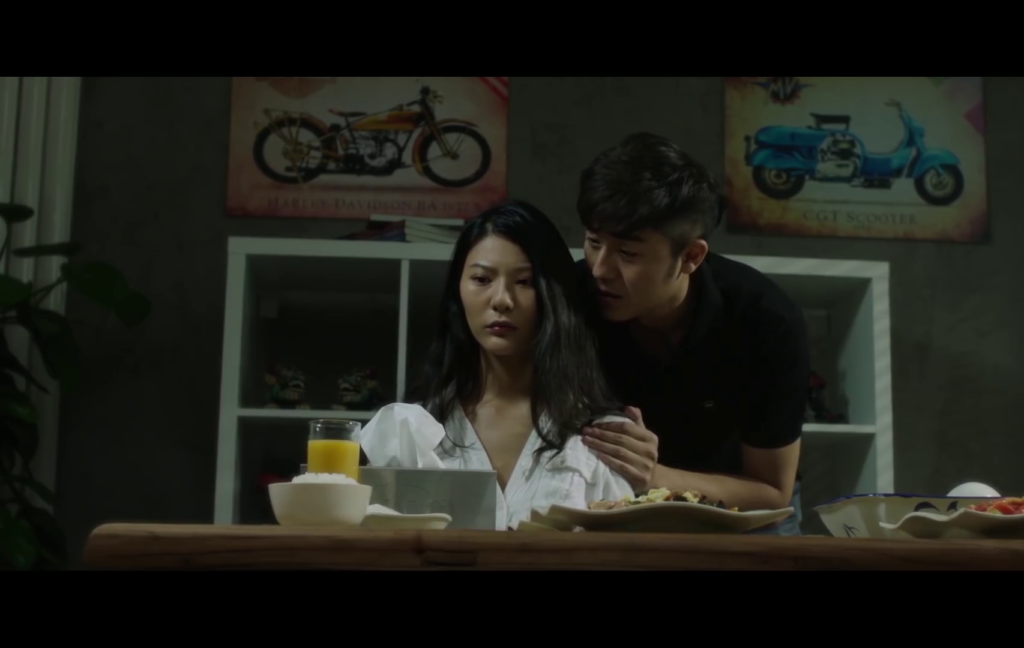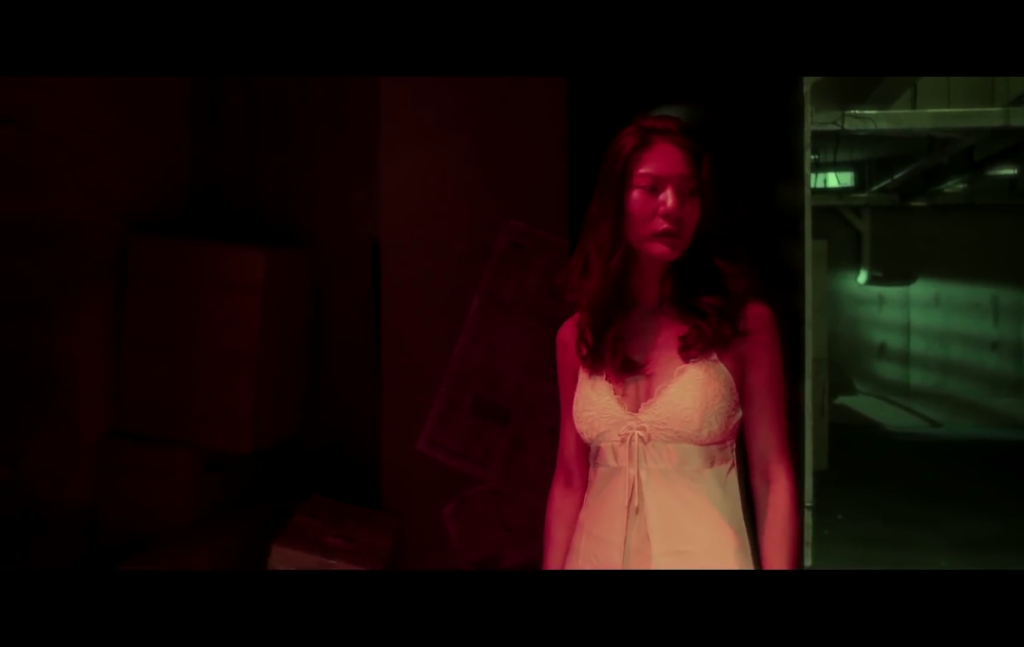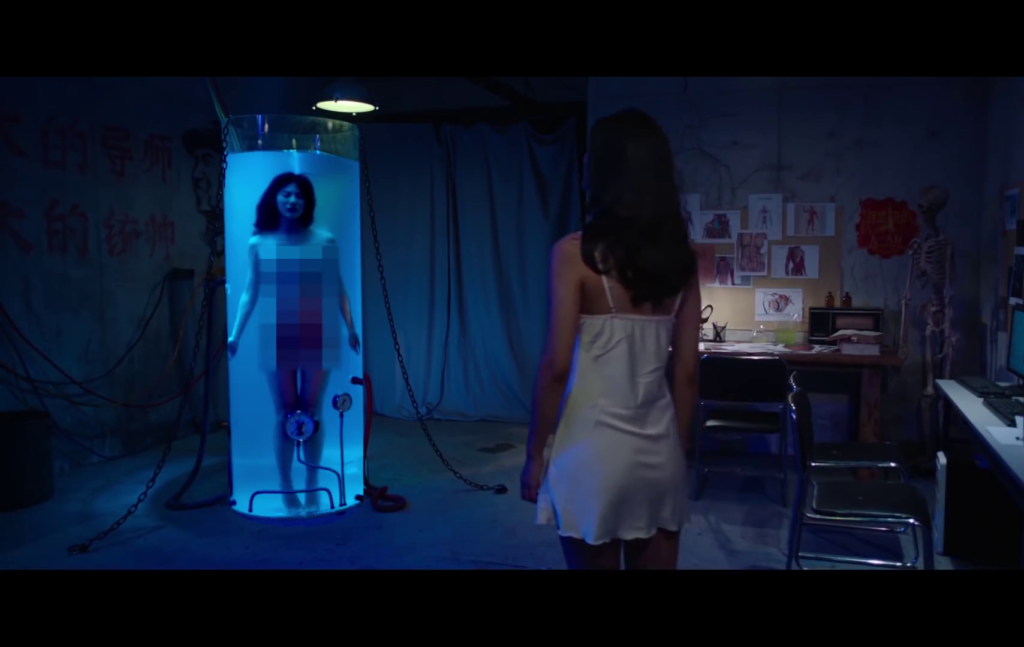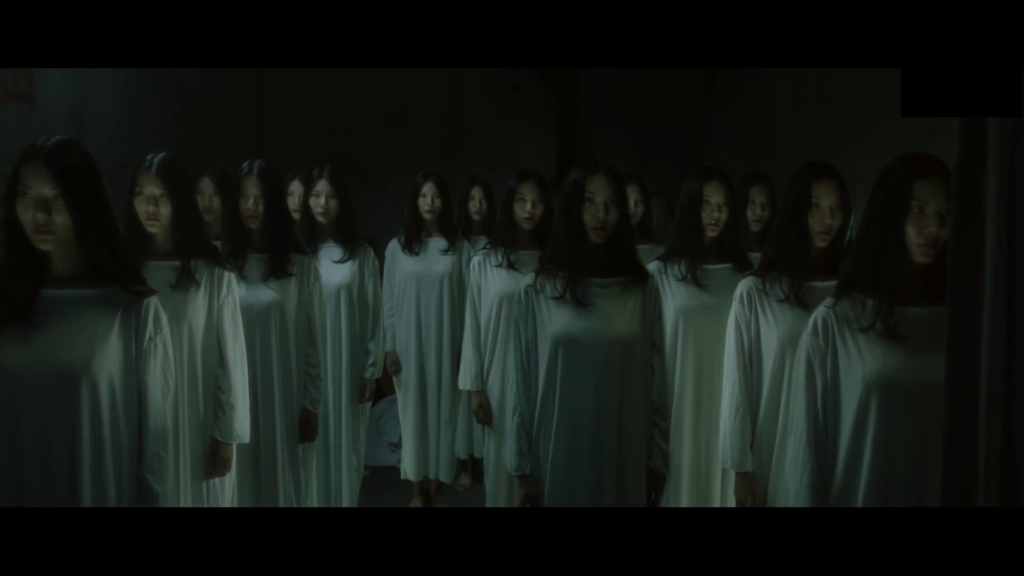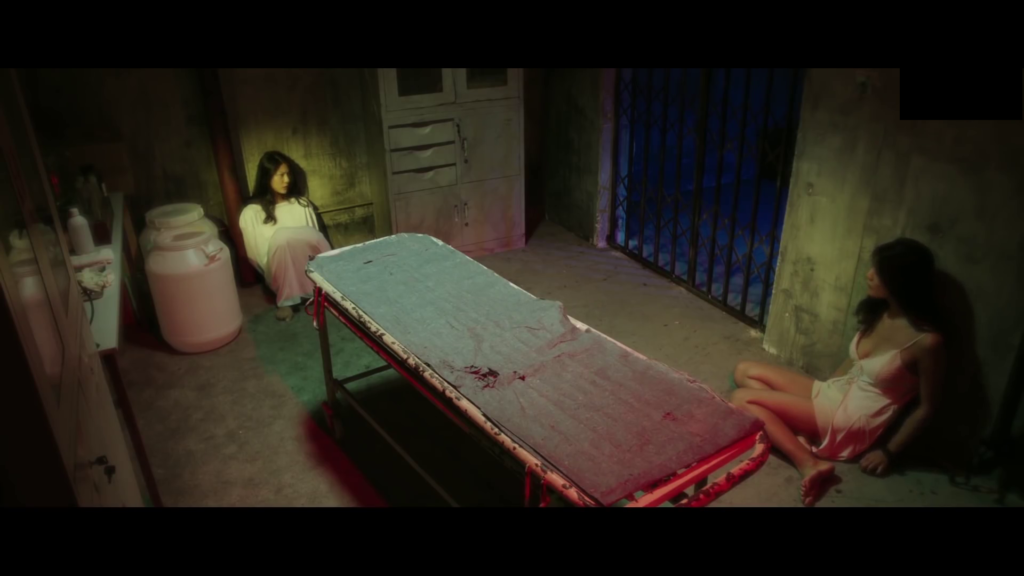-
#494 – The Apostate (1987)
The Apostate (1987)
Film review #494
Director: Valeri Rubinchik
SYNOPSIS: Miller, a physics professor, manages to create a device that can clone human beings. When the government learn of it, they want Miller to turn over the machine for their own uses. Miller also gets caught up in a conflict with his own clone, as the two lead similar, yet different lives, and come to different conclusions about what to do with their similar, yet different lives…
THOUGHTS/ANALYSIS: The Apostate is a 1987 science-fiction film based on the novel Five Presidents by Pavel Bagryak. The film opens up with Professor Miller, a physics professor at a university, visiting the President of a certain country: Miller has invented a method of cloning humans, and the government wants him to turn it over to them so they can use it for probably military purposes and such. The film revolves around Miller, as people try and get to him and his secrets, and also his clones, who lead the same, but different lives. The aim of the film is to explore the implications of cloning technology, and all the ethical conundrums that emerge from it. It’s all mostly stuff you’d expect to be explored, but it does it with a fair amount of depth and explanation. The structure of the film is a bit odd: almost self-contained scenes are separated by long interludes of imagery and music. As such, the flow of the story is rather disjointed and doesn’t really tie into a flowing narrative, which is odd seeing as it is based on a novel. The different scenes thus serve as dialogues about the various implications of cloning and the possibilities that come with it. As such, it becomes quite easy to get lost with regards to what is happening.
The aspect of the film which holds it together more than any other is the interactions between Miller and his clone: they both have the same memories, but their lives begin to diverge as they get involved with different people and such. Miller and his clone(s) are portrayed by the same actor, so the scenes involving them are carefully shot so that only one of them is completely visible at any one time. The fact that the two diverge in appearance (hair styles, glasses etc.) as the film goes on is also a nice touch that emphasises that divergence in their lives, and that while they may be identical, they are also now different. The rest of the cast doesn’t really stand out in any significant way, but I guess they don’t really need to. All of Miller’s clones moving about and some of them getting killed really does make the film even more confusing, but again the overarching plot doesn’t really seem to be the focus of the film.
With a runtime of nearly two and a half hours, the film takes it’s time in exploring it’s subject matter. The interluding scenes that bridge the dialogue scenes focus on vast landscape views, and often violent weather and associated destruction accompanied to classical music; which stirs up the feeling of nature responding to the cloning being itself a rebelling of nature, which is cool, but I’m not sure that’s the aim, and if it is it could have been done much more explicitly to good effect. As mentioned, the scenes where Miller and his clone are present are carefully shot so that the same actor can play both parts, and this is pretty well pulled off, and doesn’t feel forced. The rest of the cinematography too is pretty solid, from scenes that pan across large settings, to transitions between different parts of buildings, the camera work is fluid and competent. Overall, I don’t think The Apostate offers anything new to the discussion and implications of cloning, but it approaches the subject with clarity, while also plunging it’s depths too. The disjointed story does not lend itself to the traditional cinematic structure, and it’s very easy to get lost in the film’s wanderings. It’s probably not got anything unique enough to be worth a watch, unless you’re big into soviet cinema, and how it might take on the idea of cloning.
-
#457 – My Girlfriend is a Duplicate (2021)
My Girlfriend is a Duplicate (2021)
Film review #457
Directors: Xing Guangjun, Tu Biao
SYNOPSIS: Chen Fei often wakes up after having a dream where her boyfriend Ma Jia tries to choke her. Ma dismisses it, but when Chen gets suspicious about Ma’s work, she discovers a secret laboratory under their home, within which a number of clones of her are being stored. It turns out that she herself is one of these clones of Ma’s girlfriend that he accidentally killed, and that the cloning technology is being sought by a nefarious organisation…
THOUGHTS/ANALYSIS: My Girlfriend is a Duplicate is a 2021 Chinese romance sci-fi film. It is based on the novel “Dragon Fleet” by Tu Biao, who also co-directs this film. The film centres around the young couple Ma Jia and his girlfriend Chen Fei. She is beset by bad dreams about being choked by her boyfriend, which he dismisses as just stress. Ma himself is heavily distracted by his research, which brings in no money for them, and is an added source of stress. When Chen gets curious about the basement of their house, which Ma maintains is just full of junk. When Chen eventually makes her way down there to investigate, she makes a startling discovery: a large number of clones of herself in suspended animation. She eventually learns from one of the other clones that they are all – herself included – clones of the original Chen Fei, who was Ma’s girlfriend before he accidentally killed her. However, he was able to “print” clones of her thanks to the research he has been doing that builds upon his Father’s own research; part of a secret government project to enhance the health of its citizens. The story has a fair amount of different elements in it from romance and science-fiction, so the story has some variety in it. The science-fiction aspect is the most interesting aspect of it, as we learn about the couple’s past. The romance aspect isn’t developed very much, and plays out with beginning as a typical young couple, and never really exploring how this discovery would affect their relationship. When Chen makes the discovery, the film shifts almost entirely to the science-fiction genre, with a lot of the story told through flashbacks. At just over an hour long, we don’t see anything more than these series of flashbacks and a brief follow-up focusing on the consequences of it.
The cast of the film is minimal, with the couple being the main point of focus for relationship drama, and a villain who emerges near the end. There’s some dialogue involving another clone of Chen, referred to as No. 126, and the ‘current’ clone of Chen, but it seems to set her up as her own unique character and then never go anywhere with it. I’m not sure if you’re supposed to empathise with Ma, given that he did kill his girlfriend, and has to continue re-cloning her as the clones have a fairly short lifespan. The ethics of the whole process seems very much unexplored, which seems odd for a science-fiction film, but less odd when you consider which country it is produced in.
In terms of production, the film isn’t up to the standard of big budget Hollywood films: the editing is awkward, and things often move around between shots, which disrupts the continuity. There’s also the rather unconvincing special effects and the wooden acting that doesn’t convey the powerful feelings that this couple are supposedly supposed to have for each other. The most interesting aspect of this film, as with most films produced in country’s with strict censorship programs, is how the film has to do and show certain things to be approved for release. At the start, we are told about a secret government bureau made to improve the health and wellbeing of the Chinese people, but it is done in such a way that it doesn’t make the government look bad or keeping dark secrets from the public. As such, any more details about how secret the bureau is and what it actually did is not addressed. The villain is outlined as being a traitor who wants to steal the Bureau’s research in order to sell it to China’s age-old enemy Japan. There’s also a scene where the villain goes to pray at an altar with what I presume is meant to be the Chinese Premier, to which Ma calls him out to “stop pretending” that he is paying his respects. This again is obviously reinforce the message that the villain is not part of the government and is this traitor that deserves no sympathy. As mentioned earlier, sci-fi films such as this would usually address the ethics of the concept of cloning, and whether it is right to do it. This film completely avoids saying whether it is right or wrong: the only wrong it highlights is selling the secrets to a foreign enemy. It is perhaps important to highlight that the Chinese government is often found at the forefront of cloning research, and any kind of critique could easily be seen as a critique of government research. The trouble is that such explorations of ethics and possibilities of science and technology really is at the core of the science-fiction genre, and in completely avoiding that part of it, this film feels quite pointless and empty.
